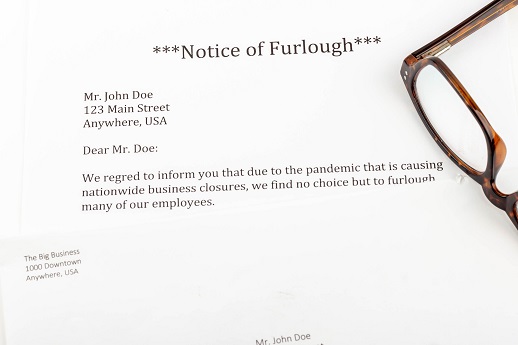Action You Must Take On The Furlough Scheme

We expect that HMRC enquires and Audit visits based on Furloughing claims under the CJRS (Job Retention Scheme) will be commonplace in the post Coronavirus era. All businesses participating in the scheme however must be made aware that the Government have said that incorrect claims can become criminal offences.
With that in mind, our specialist team of regulatory and criminal lawyers, headed up by Partner Edward Judge, advised another one of our client companies last week in relation to the Furlough scheme, assisting them to determine the scope of the regulations in relation to their furloughed employees and assisting in the provision of a robust audit to ensure that they were compliant in their claim submitted to HMRC, under the Job Retention Scheme.
Additionally, we have now been asked to provide criminal defence support services to any business facing potential criminal sanctions arising from any investigation or potential challenge by HMRC in relation to Business Furlough Claims, by a leading Accountancy network, under their Insurance underwritten Tax Protection Scheme, provided by one of the country’s leading Tax Investigation Insurance Underwriters.
Get in touch with our experts today for free, no obligation legal advice
A total of 7.5 million people are now on furlough, with staff from just over 900,000 businesses effected and with the Job Retention Scheme now extended until October 2020, the Institute for Fiscal Studies estimates that the final cost will be somewhere in the region of £100bn by the autumn.
The HMRC CEO, Jim Harra, has already highlighted the departments concerns around the potential for Fraud and therefore it is envisaged that a plethora of challenges will be raised by HMRC, potentially at first instance under a COP 9 tax investigation.
A code of practice 9 (COP 9) tax investigation is authorised by HMRC in cases where the tax authority believes an individual or company may have committed a serious tax fraud.
The recipient business of a COP9 is given the opportunity to make a complete and accurate disclosure of all their deliberate and non-deliberate conduct that has led to irregularities in their tax affairs.
Where HMRC suspects that the recipient has failed to make a full disclosure of all irregularities, it reserves the right to start a criminal investigation with a view to prosecution.
Get in touch with our experts today for free, no obligation legal advice
Aticus Law Managing Partner and Regulatory & Criminal Litigation Specialist Edward Judge says “It is vital that UK businesses collate the proper documentation and evidence to support any submission under the furlough scheme, if they wish to avoid criminal sanction at a later date or a prolonged investigation or scrutiny by HMRC of their claim.”
“Businesses can pre-empt any such investigation by making sure that the proper audit is undertaken now to collate that vital information and documentation, such as a business analysis of the decision making process leading to the implementation of the furlough scheme, correct interpretation, application and implementation of the rules, individual documentation relating to communication with the employee’s and confirmation of their adherence to the scheme rules and regulations thereafter. These are all worthwhile preparatory steps worth undertaking now in order to prepare for any scrutiny of their claim by HMRC.”
“Companies that fail to evidence their claims in the proper fashion, face the potential risk of not only fine and recoupment, but criminal sanction also.”
Given that as of the 12th May 2020, HMRC had already received 795 reports of potential fraud related to the Coronavirus Job Retention Scheme, we envisage HMRC will be busy in the forthcoming months examining furlough claims in detail.
Aticus Law have been requested to assist in this audit process by a number of our client businesses and now is an ideal opportunity to get your house in order to avoid missed opportunities and possibly criminal liability, once the coronavirus chaos and confusion has ended. Speak to our business solicitors today.
Get in touch with our experts today for free, no obligation legal advice


